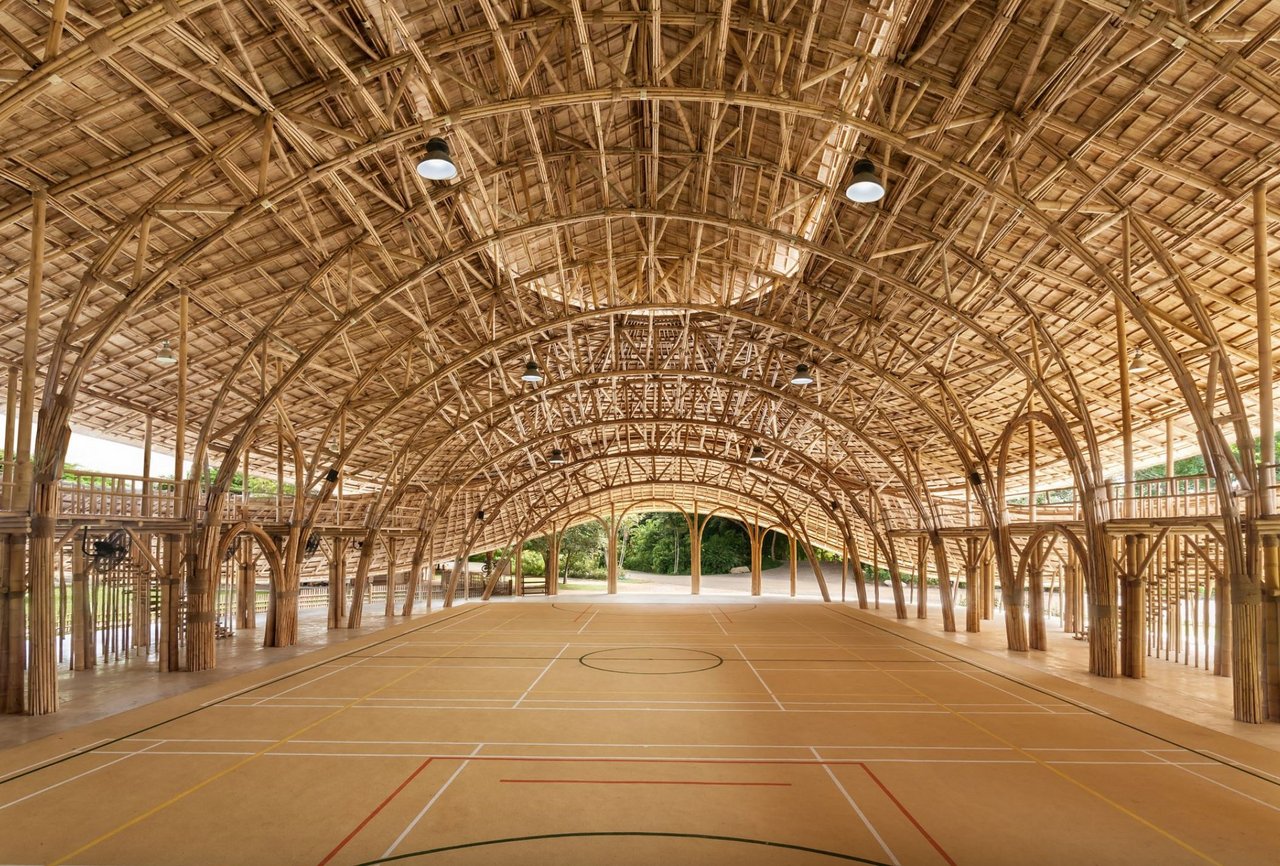
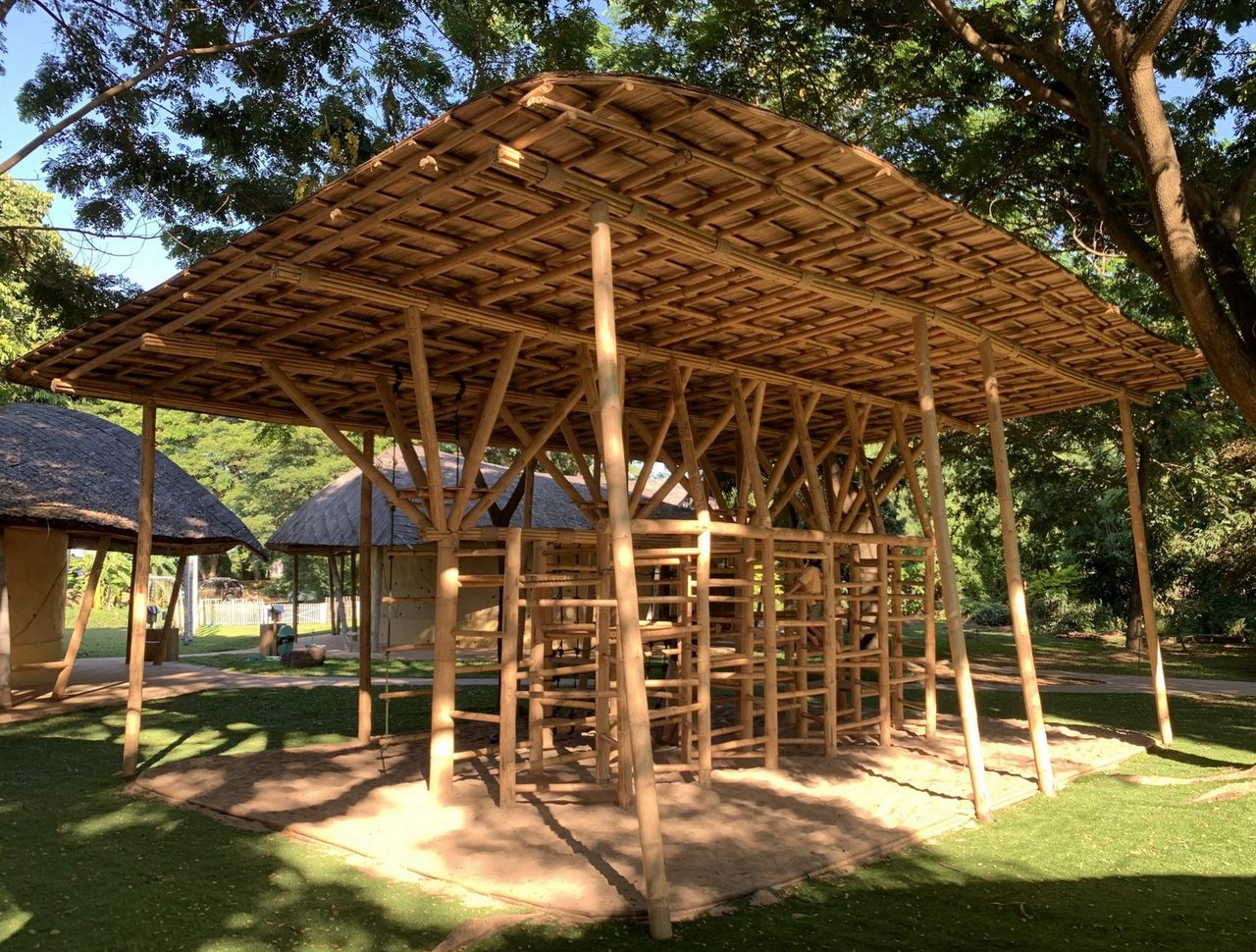
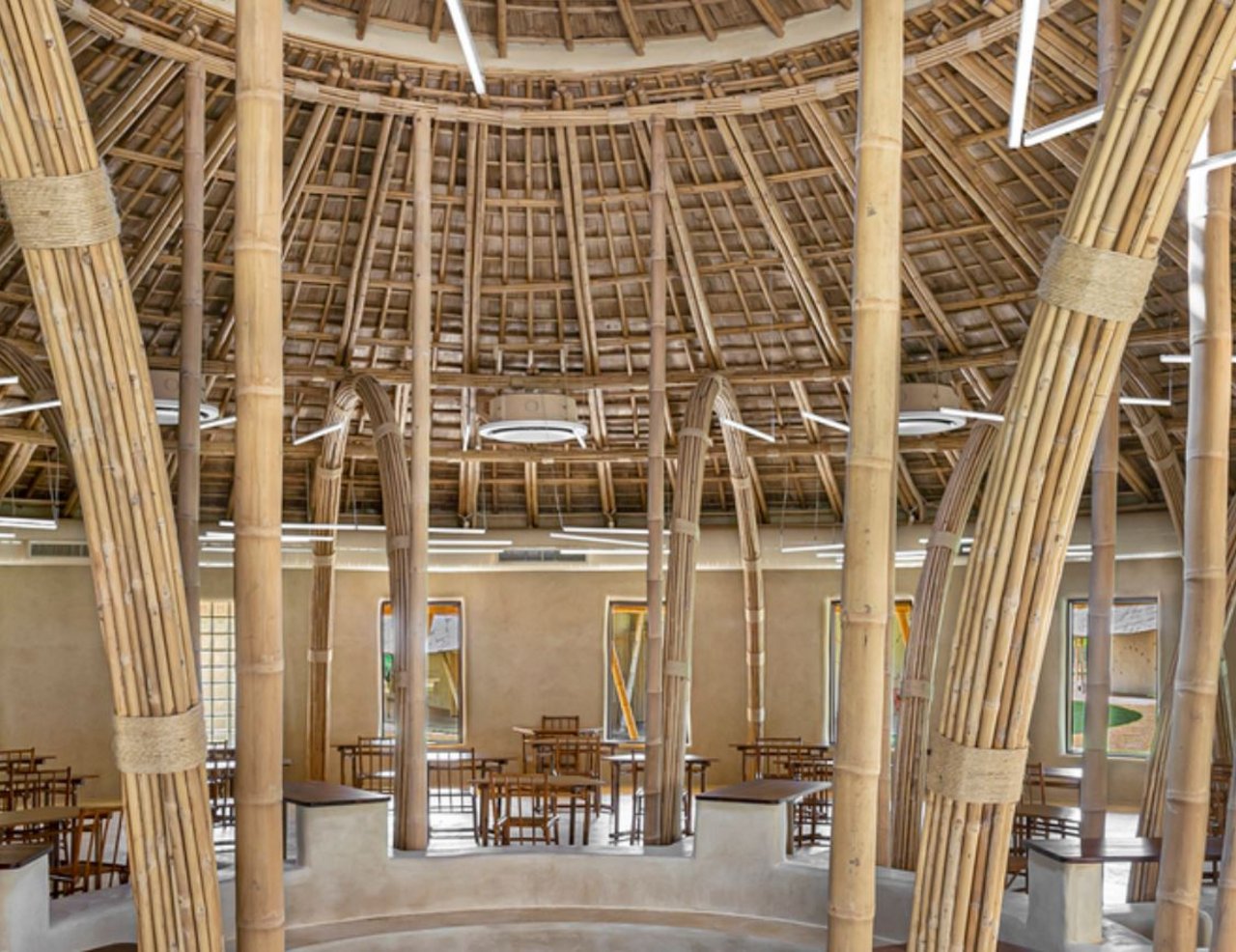

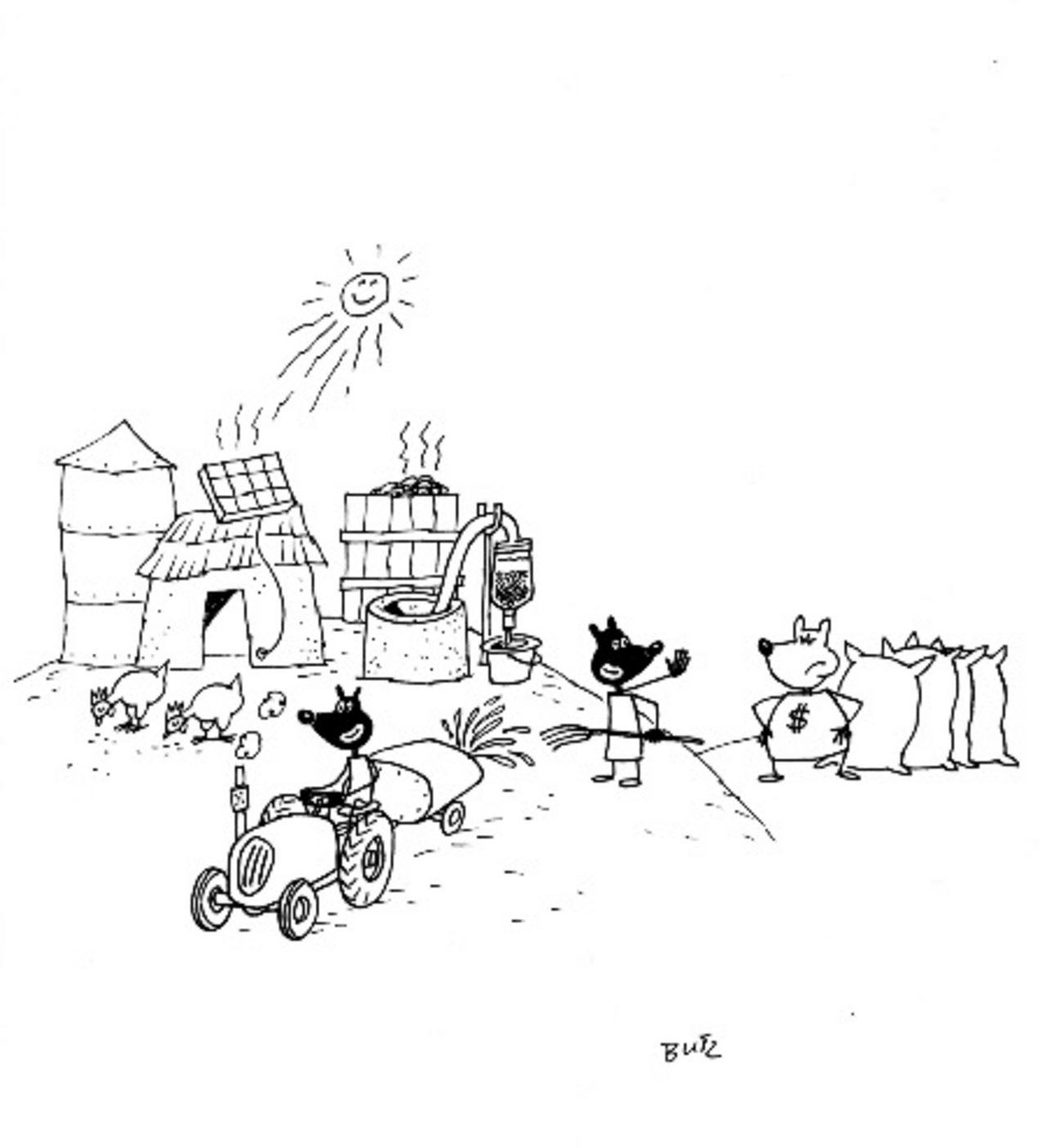
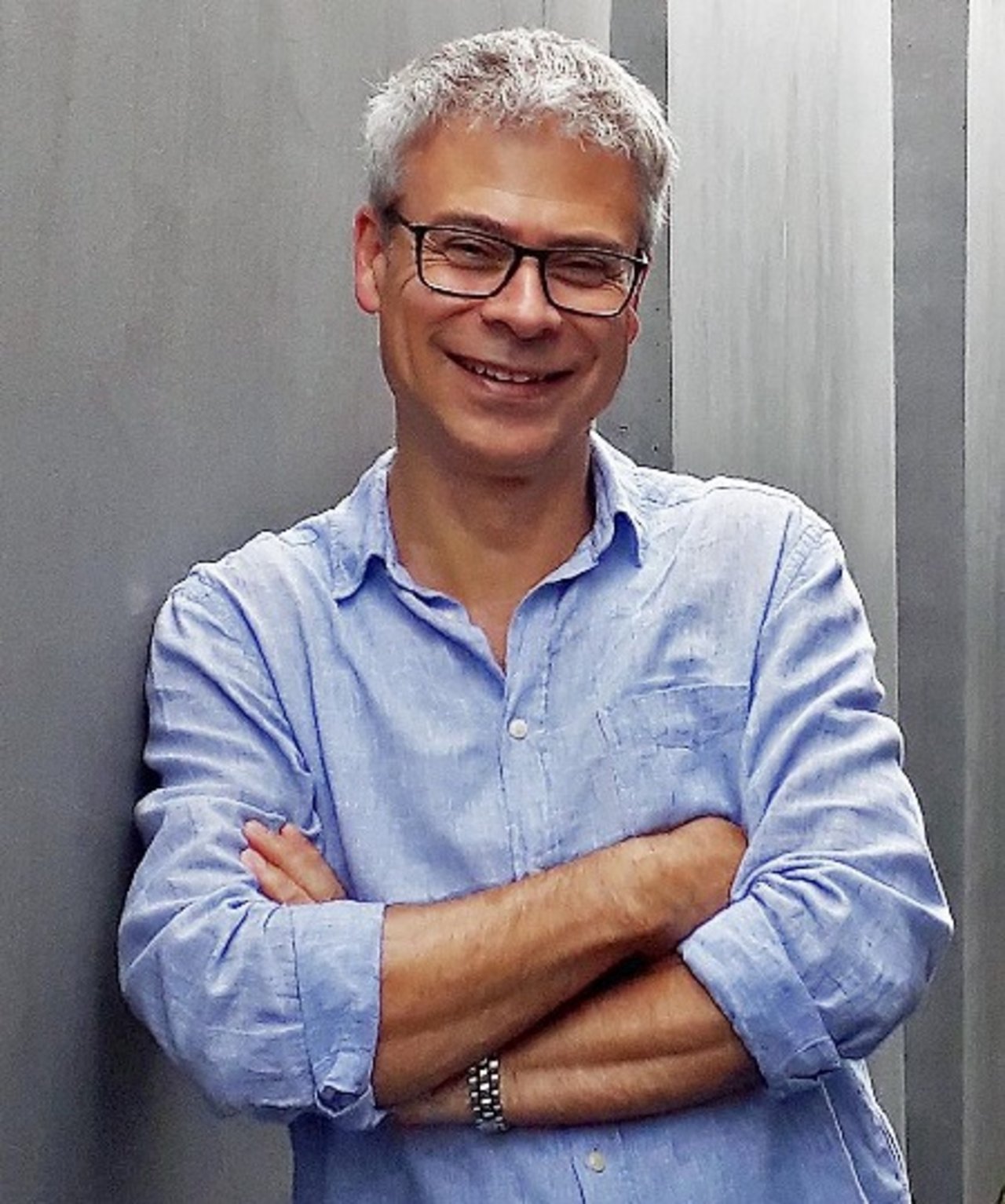
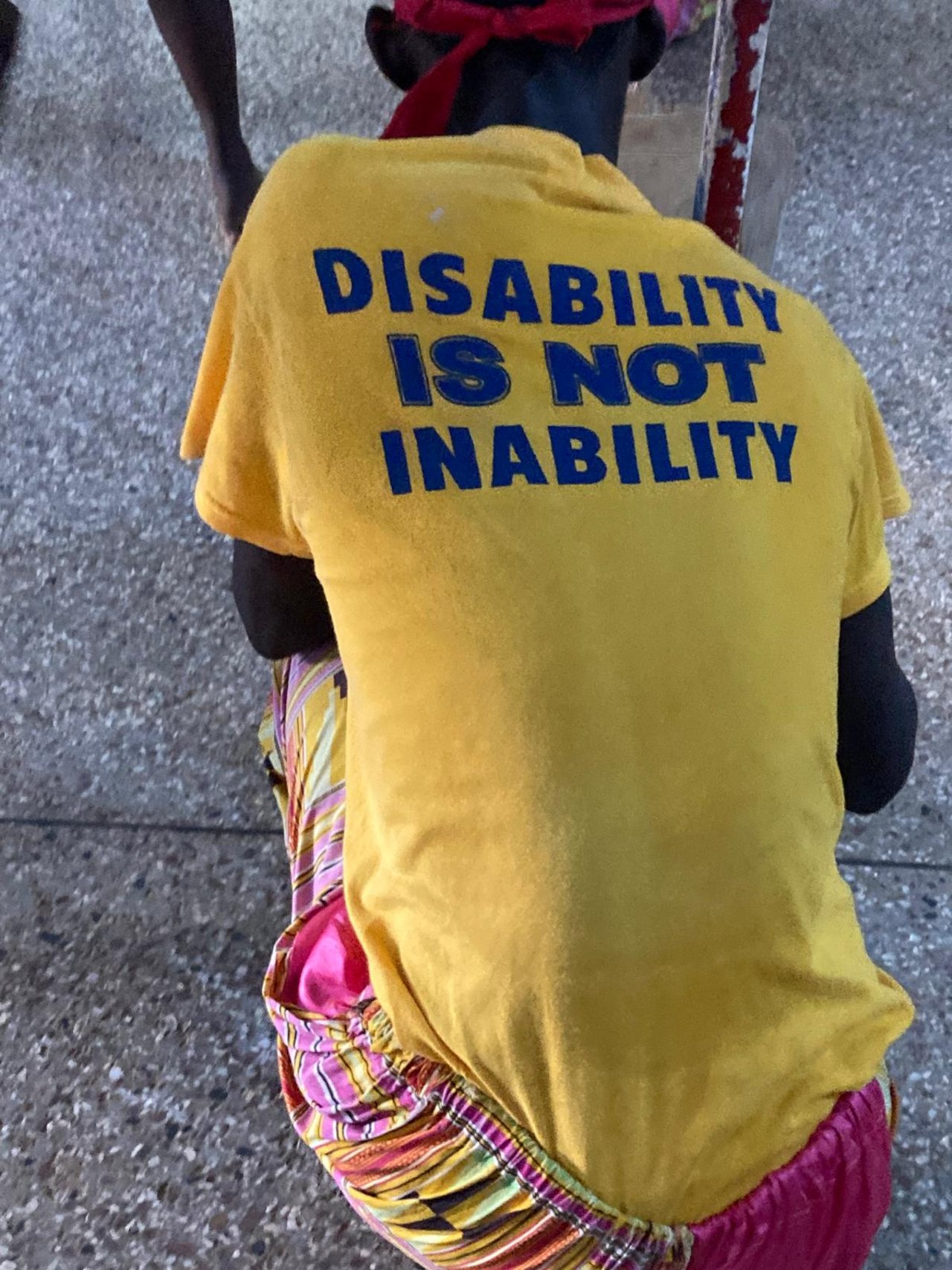
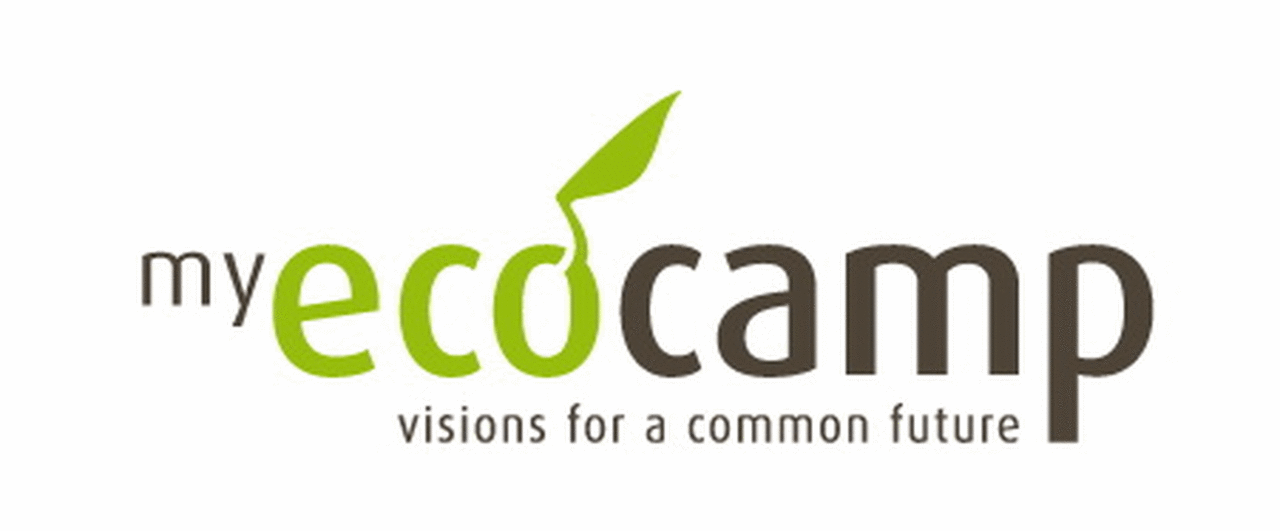
Ecological campus with dual training orientation
From Kindergarten to University entrance qualification
WHEN EDUCATION BECOMES FUN
Immerse yourself in the holistic world of ecological living and
become a witness to a self-sufficient way of life
Children and young people should experience careers in holistic, ecological occupational fields,
discover their own potential and learn what they are ‘passionate’ about
Guided by highly motivated role models, which they often lack in real life, they are shown basic skills such as arrows through to programming on CNC machines
Effectively convey learning content in a playful way with all senses and embed it in a positive emotional context
SEE
HEAR
FEEL
TASTE
SMELL
DONATIONS
GLS Gemeinschaftsbank eG
IBAN DE 50 4306 0967 4008 8844 00 BIC GENO DE M 1 GLS
We can recognise how people think by the words they use
"That's music to my ears"
"I can relate to that"
"I'm getting a taste for it"
" INVOLVE ME IN SOMETHING AND I WILL UNDERSTAND"
CONFUCIUS
"IMAGINATION IS MORE IMPORTANT THAN KNOWLEDGE"
ALBERT EINSTEIN
"A RELAXED, WELL-ATTUNED BRAIN IS MORE RECEPTIVE, CREATIVE AND MEMORISING"
MANFRED SPITZER
"HOME IS NOT WHERE YOU LIVE. BUT WHERE YOU ARE UNDERSTANDING"
CHRISTIAN MORGENSTERN
AKWAABA
Inspiration as a creative idea. Sudden realisation that leads us to enlightening ideas. Especially during a spiritual activity. Enlightenment and inspiration as a philosophy of life inspired by the knowledge of living the philosophy of Tai Chi Chuan.
Holistically, with all our existing senses - such as eyes ears, taste bods in our mouth, nose and kinesthetic playfully learn to experience real life
HOLISTICALLY ECOLOGICAL BUILDINGS
Building materials such as bamboo, wood and clay, which were considered backward and poor, are once again taking centre stage. Their durability and thus also their value retention can be significantly increased by making technical changes that are adapted to the weather.
With the construction of the PANYADEN International School in Chiang Mai in northern Thailand, German architect Markus Roselieb has shown in exemplary fashion how the use of bamboo can create forms and visual impressions that will impress everyone.
The key concept for a more conscious life is BOTANIC ORGANIC ARCHITECTURE. Matteo Thun from Milan is one of the main proponents of this nature-orientated architecture. His credo is: ‘Instead of forcing nature to thrive where it doesn't belong, we respect it and let it develop naturally.’
SELF-SUFFICIENT SUPPLY
Self-sufficient supply solutions enable us to ensure greater energy security even in economically disadvantaged countries. At our campus site, we will provide an insight into the variety of self-sufficient systems for small households as demonstration applications. The target group is residents with huts in rural areas.
Our aim is to give children the opportunity to pursue their own projects and share their experiences with other young people around the world. Young people should be able to develop their own ecological and economic ideas and visions in teamwork in a simple and easily understandable way.
HEALTH
Our knowledge guides will observe and encourage participants to discover themselves. Learning ‘self-love’ as a prerequisite for love as a basis for activities, people and animals. Developing a high EQ Emotional Quotient, which in combination with an IQ Intelligence Quotient is the basis for compassionate action on our planet.
Self-love leads to self-awareness and mental health. Meditation and other forms of body awareness are a guarantee against anxiety and stress.
These centres are intended to make offers in various areas
an Agricultural sector:
e.g. medicinal plants, crops in a circular economy with permaculture
a Cultural section:
with academy for learning traditional musical instruments, design workshop, theatre stage, music studio
a Handicraft area:
e.g. bamboo bicycles, clay and natural building, solar technology
a Health station:
Medical history collection on existing pre-existing conditions from all participating school classes from the different departments.
Survey of general health parameters (laboratory CBC, microbiome)
Survey on infestation levels (antibodies against dengue and malaria)
COOPERATIONS
Bernhardt-Nocht-Institute-Tropical Medicine BNITM, Hamburg Germany, the Kumasi Center for Collaborative Research in Tropical Medicine KCCR, Kumasi Ghana and other Medical Institutions
a Hygiene sector:
e.g. independent construction of sanitation facilities such as bio-composting toilets (free fertiliser..), water treatment
Movement and relaxation areas
Ball games, swimming, canoing, Table tennis ...
Tai Chi Chuan, Yoga and other meditation forms
Inclusion: Being different together
Everyone should be able to be an active part of society
DIVERSITY AS ENRICHMENT
It is not only in Germany that everyone has the right to participate - whether at work, in sport or at the theatre. Whether old or young, disabled or not, everyone can and should participate in social life. Inclusion can also succeed in Ghana and is guaranteed to be optimised. A good example is the Cape Coast School for the Deaf and Blind.
Their motto:
‘Disability is not inability’
People with disabilities have exceptional talents, strengths, character and the will to succeed. The Cape Coast School for the Deaf and Blind was founded in 1970 with 15 students. It currently has 454 pupils. The hearing and visually impaired children of school age benefit from the formal education it provides, with the latter using Braille for reading and mobility orientation.
Many people with disabilities feel neglected and excluded from opportunities for self-improvement and wealth creation. This leads to frustrations that can plunge them into unwanted life crises. So says Abraham Annang Yemoson, the school's director.
The school is strategically located between the Aggrey Memorial Zion Senior High School and the Ghana National College along the Cape Coast-Takoradi Highway.
Objectives
Within the next few years, a meeting and education centre with workplaces is to be established in Ghana. Children and young people are to be given the opportunity to learn about occupational fields in the holistic ecological sector.
The contents and concepts learned can be intensified and expanded at the respective schools. And thus offer new career perspectives and life contents that can serve as ideal multipliers for the ecological holistic way of life.
The construction sector is one of the world's main CO2 emitters, accounting for more than 30%
The pressure on transformation is enormous
There is already a shortage of an estimated 250,000 skilled workers in Germany alone. Due to age, many skilled workers will retire. Young people are still attracted to study. For professions such as plant engineer, heating system technician, special IT knowledge is already required that is equivalent to a degree from a university of applied sciences.
The economy cannot avoid promoting every talent and giving young people the security of being able to pursue their further education without having to fulfil social expectations. Higher education in Germany has long been available in a variety of ways.
The equivalence of vocational and academic education has not been an issue financially for a long time. Financially, some courses of study have not offered any advantage for a long time. On the contrary. In many courses of study, students have been threatened with unemployment for years.
Solar roofs, comprehensive charging stations for e-mobility. Replacement of heating systems. Intelligent window facades with electrochromes and thermochromic windows. New insulation materials from fungal mycelium. Salt crystals as a Styrofoam substitute. Transparent wood.
Concrete alone causes 70 giga tons of CO2. New developments such as carbon concrete - meshes of carbon fibres instead of corrosion-prone steel - reduce the thickness by half. And with it the load. Curved shapes can even be realised. Successful research is being carried out on this at the TU Dresden.
The latest patent for graphene concrete is held by the British company Black Swan Graphene Inc. Even a small amount of PureGRAPH® provides a significant increase in the compressive strength and stability of concrete and mortar. This makes the use of PureGRAPH® particularly obvious where the concrete or mortar is regularly in contact with sulphate-containing solutions, which in principle favours the corrosion of the concrete. This is particularly the case in wastewater management structures.
Flame retardants for wood and bamboo
Wood, on the other hand, only causes 40 CO2, and this is bound in the wood.
Bamboo is also an ingenious material that, sufficiently dried and pre-treated against insects, lasts far longer than just five years.
Clay is used for the production of prefabricated elements made of clay bricks (clay soil, gravel and mineral salts) in the Burgwiel housing project in Switzerland. Scientific support is provided by the Togolese Gnanli Landrou of the ETH Zurich.
Work & Travel
The preamble to the 2030 Agenda for Sustainable Development identifies five core messages that precede the 17 Sustainable Development Goals (SDGs) as principles guiding action:
People, Planet, Prosperity, Peace and Partnership and clarify the links between the goals.
The policy of the Federal Ministry for Economic Cooperation and Development (BMZ) is guided by these core messages. They are implemented together with the partner countries according to the principle of a global partnership to which everyone contributes. With this development policy commitment, Germany assumes responsibility for global sustainable development.
Focus on human dignity (People)
Protecting the planet (Planet)
Promoting prosperity for all (Prosperity)
Promoting peace (Peace)
Building global partnerships (Partnership)